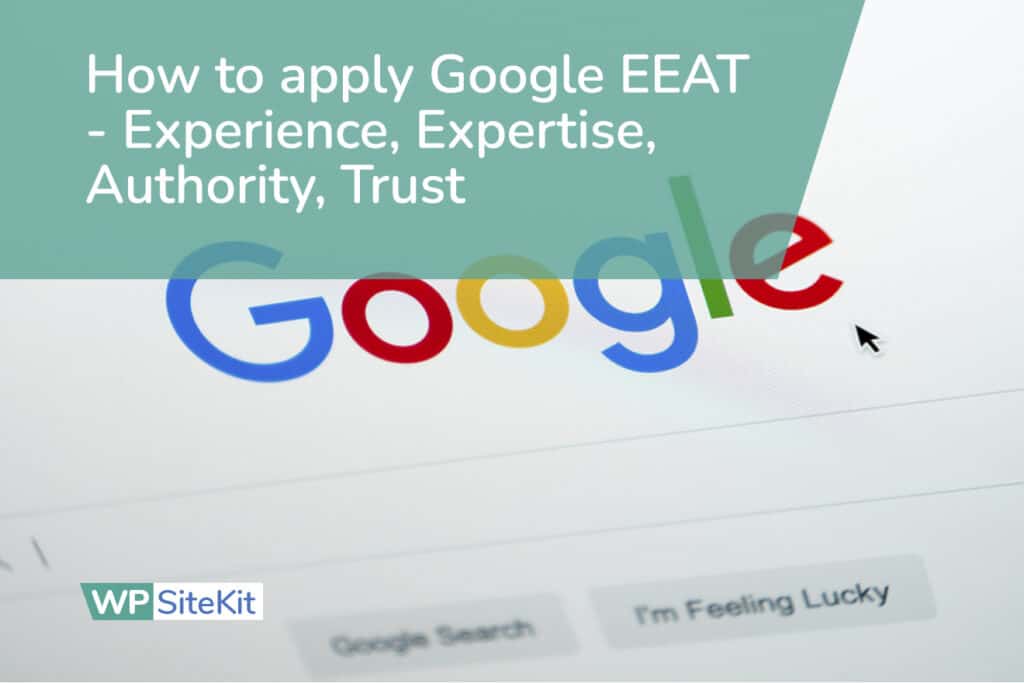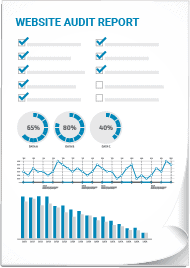In this article, we’ll unpack the key elements of Experience, Expertise, Authority, and Trust (EEAT) for online content creation. You’ll learn how to effectively convey personal experiences, establish author credibility, build topical authority, and instill reader trust. The strategies provided will aid you in improving your content’s alignment with Google’s guidelines and boosting your SEO ranking.
I took many of these points from interviews with Kyle Roof, who is an authority on the subject, which can be found on Authority Hacker and Niche Pursuits.
Incorporate as many elements from Experience, Expertise, Authority, and Trust (EEAT) relevant to your situation. While not every factor may be applicable, incorporating more of them will enhance your content’s quality. Prioritize the factors highlighted in bold.
This article is more of a short actionable list rather than a comprehensive deep dive on the subject.
Experience
Express your personal experience with the product, service, or topic.
- Detail the duration and nature of your experience on this subject.
- Emphasize your personal investment and involvement in the topic.
- Share how the product, service, or topic is integrated into your everyday life or work.
- Provide practical examples, such as “When I tested this…”, “When I tried this…”, or “When we use this at our company…”
Expertise
Validate the credibility of the author. While expert credentials are beneficial, Google values authenticity, ensuring that real people craft the content.
- Set up Author Bio pages stating who wrote or is responsible for this content.
- Implement Author Schema or Person Schema using the ‘Same As’ schema detail. This is a significant factor. Refer to these instructions to set up Auther Schema with the RankMath plugin.
- Link to other websites that verify the author’s identity.
- Describe the author’s qualifications and competencies to cover the topic.
- Highlight any degrees, certifications, or relevant professional experiences.
Authority
Authority pertains to the website’s topical credibility based on the published content. Strive to publish enough related content to be recognized as the primary source on the topic.
- Backlinks – Your Domain Authority or Domain Rank, as dictated by your backlink profile, is a significant ranking factor, but it can fluctuate with Google algorithm changes. Use backlinks to enhance your authority, but they should not be your sole SEO strategy.
- Publishing Content – Thoroughly publish content by producing primary topic articles and several subtopic articles that support and link to the primary content. This strategy is known as silo content. Both primary and supporting posts, connected by internal links, are necessary to demonstrate comprehensive topic coverage.
- Address all the questions people ask about the topic. Utilize Google’s “People also ask” feature or the “Questions” section keyword research tools for suggested questions.
- User-generated comments can be an indication of authority.
Trust
Trust is paramount. Without trust, the other factors become irrelevant.
- Share your unique business mailing address and a local phone number. Display these on the footer and contact page.
- Provide at least one email address. List multiple email addresses for various departments based on your company’s size if applicable. Display these on the contact page.
- Clearly indicate who is responsible for the website and content creation.
- Make it as clear as possible that the company is real.
- About Page – Include company information such as its foundation date, location, purpose, core values, products or services, and target demographic.
- Team Page – If applicable, create a page detailing the team members, their bios, and links to their external profiles. This helps to affirm their real-world identities. The team page can be standalone or a section on the About page.
- Display the current year’s copyright in the footer.
- Link to the Privacy Policy and Terms and Conditions in the footer. Plugins are available for this purpose.
- Include GDPR and ADA compliance notices. Plugins can facilitate these.
Additional Tips
- Utilize an HTML site map to help Google locate and index all your pages.
- Retain existing internal links. Only add new ones to the pages you want to promote.
You can learn more about this subject in a PDF published by Google called the Search Quality Rater Guidelines. This is a document written for the real humans that are hired to analyze Google’s search results and determine if those websites are a good fit for the first page of Google results.
In conclusion, the principles of Experience, Expertise, Authority, and Trust (EEAT) form the foundation of creating engaging and impactful online content. By strategically leveraging these elements, we can improve our alignment with Google’s guidelines and boost our SEO rankings. Remember, authenticity in experiences, credibility in expertise, consistency in authority, and transparency in building trust are the cornerstones for a successful digital presence. As you continue to create and enhance your content, keep these principles in mind to ensure a more effective and meaningful engagement with your audience.




